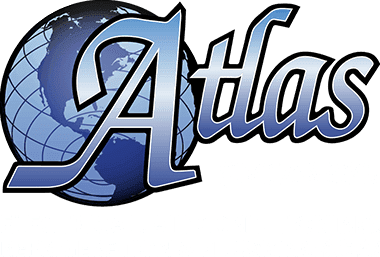A smart home system gives you the power to take control of your energy usage. According to the U.S. Department of Energy, 55% of the energy used in U.S. homes was used for heating and cooling. Water heating, appliances, electronics, and lighting accounted for the remaining 45% of total consumption. By giving you more control over the things in your home that use energy, smart-home devices can be part of an energy-saving plan. Here are a few ways to use smart-home devices to cut down on energy.
Analyze & monitor energy usage
To take full advantage of smart-home energy-saving strategies, you need to know which appliances and devices consume the most energy and when they’re most often in use. A good place to start is by using a home-connected app, such as DoE’s Home Energy Saver. The app connects your home to your phone in order to monitor and analyze energy use to show homeowners which of their appliances are consuming the most power. Once you know which appliances to target, you can begin to replace old, energy-guzzling appliances with newer, more efficient models. Older refrigerators are a common culprit. Energy-efficient refrigerators save energy by analyzing internal temperatures and adjusting the thermostat accordingly. Smart dishwashers can be controlled from smartphone apps and scheduled to run at specific times. Newer-model dishwashers also detect leaks and dry dishes much more efficiently with lower energy requirements.
Small changes – big results
Few homeowners can upgrade all their gadgets, devices, and appliances at once. Fortunately, with smart plugs, you can turn any electrical product into a smart device. Smart plugs can be controlled from your smartphone or linked to your home assistant. Once installed, the best smart plugs can turn devices on and off while also monitoring each device’s energy use. The awareness of your usage trends and being able to monitor your devices, whether you’re in the home or not, will offer you value and savings.
Reduce Energy drain
Many electrical appliances – including computer speakers, TVs, coffee makers, and more—continue to draw power even when they aren’t in use. The energy used by appliances that are plugged in yet turned off represents up to ten percent of your monthly electric bill. In the past, the only way to avoid this energy drain was to unplug appliances when they were not being used. Your home automation system can undo the appliance “standby” modes, appropriately and effectively saving you monthly on your electricity bill.
Energy optimized
HVAC systems waste considerable amounts of energy if left running when no one is home. Automated thermostats are important smart-home energy-efficiency tools. A smart thermostat tracks the home’s temperature and makes adjustments depending on whether the home is occupied. If you have a utility company that uses time-of-use rates, the thermostat can preheat or precool your home when renewable energy is plentiful and electricity is cheaper. Another way that energy use can be optimized is with the use of smart lighting. Smart lighting includes any lights that can be controlled by a home’s smart assistant or through the smart light’s phone app. Homeowners can set up energy-efficient timers, motion detectors, and dimmers to change the lighting at set times throughout the day. Once linked to a smart assistant, such lighting can be turned on and off through voice commands.
To summarize, smart home systems provide many benefits that save money, conserve energy, and add comfort. We are living in an era where smart home systems & devices are more impressive than ever. From managing the electricity bill to personalizing the home atmosphere to your exact needs, smart home systems offer a variety of options to enhance your lifestyle. If you are interested in learning more about these fantastic systems, please get in touch with us!


